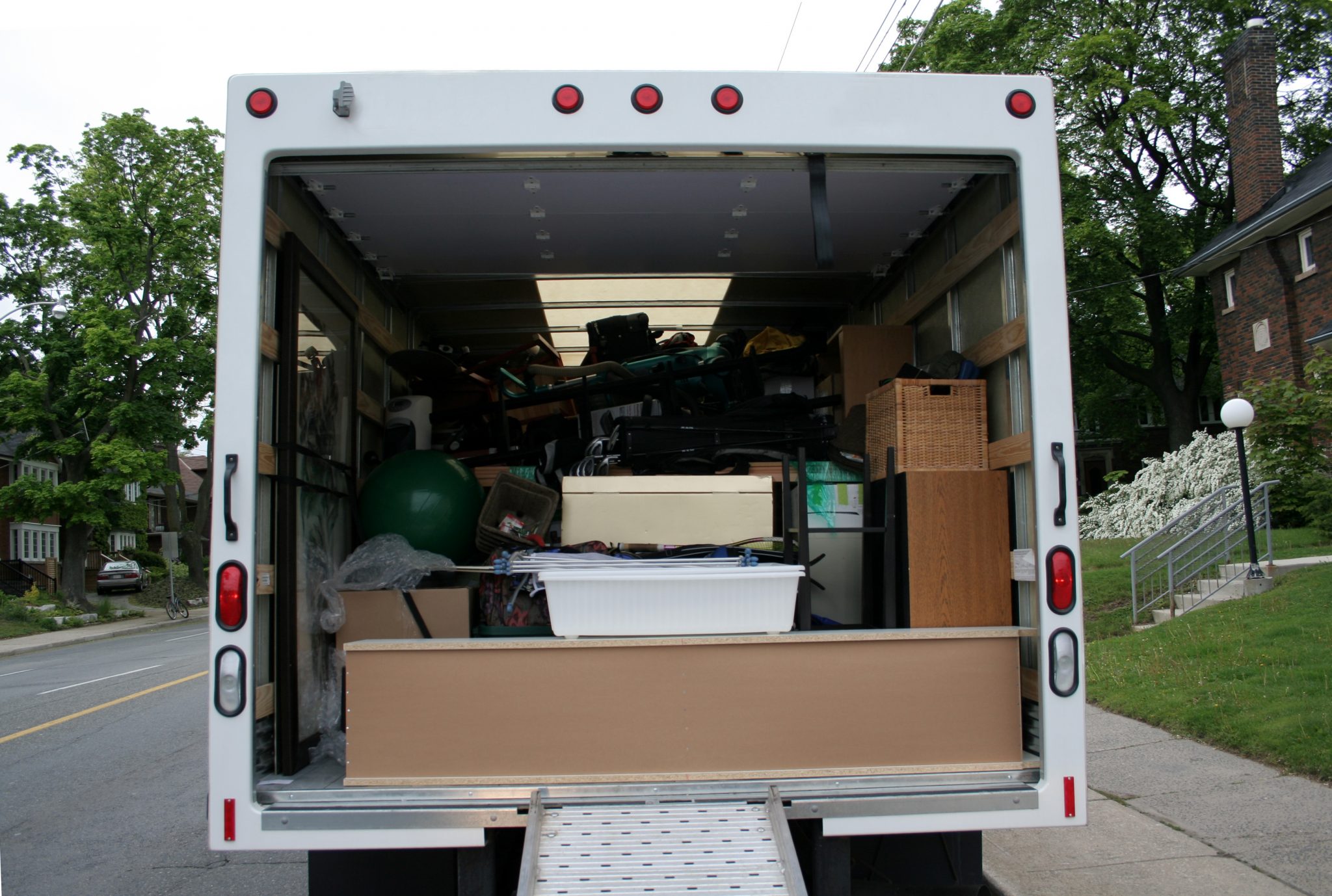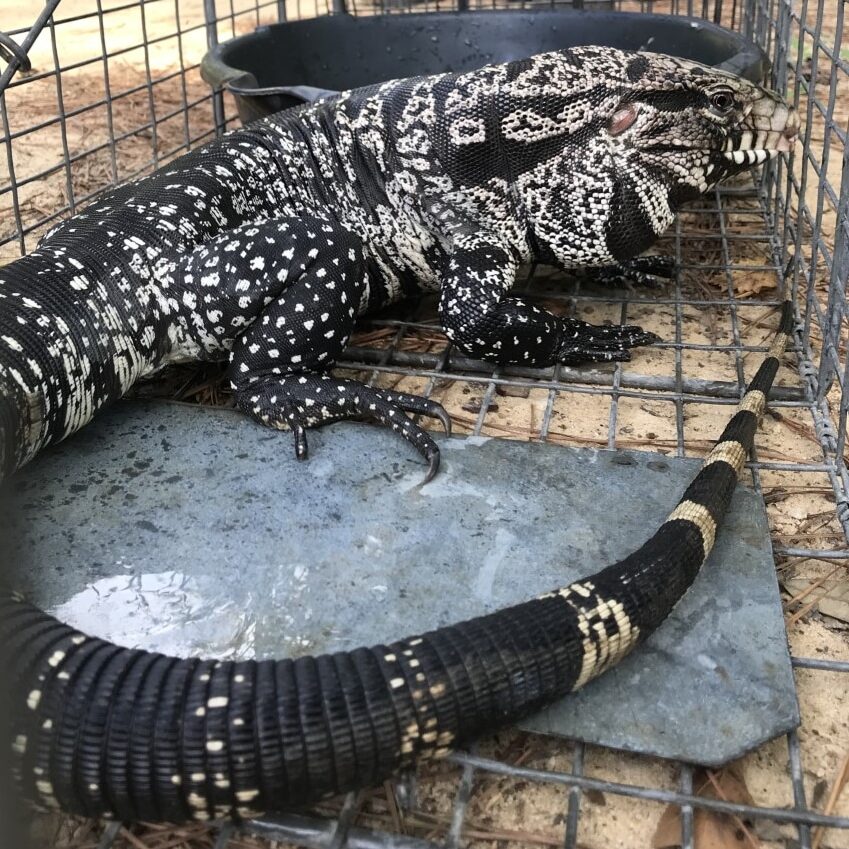The coronavirus pandemic represents an economic development opportunity for rural Georgia, local business and government leaders said Wednesday during a conference sponsored by the Georgia Chamber of Commerce.
The highly contagious invisible virus has made Americans wary of living in close proximity to each other in urban settings, Larry Hanson, executive director of the Georgia Municipal Association, told in-person and online audiences at the chamber’s fourth annual Rural Prosperity Summit in Tifton.
“Density is what the coronavirus loves,” Hanson said.
“People are wanting to leave metro areas,” added Bill Gross, owner and president of W.H. Gross Construction Co. in Kingsland. “Rural Georgia is in a phenomenal spot right now.”
But rural communities won’t be able to take advantage of their coronavirus-driven attractiveness unless policy makers address systemic challenges that have long plagued rural Georgia, including access to health care, said Chris Clark, the chamber’s president and CEO.
Nine Georgia counties lack a single physician, 64 counties have no pediatrician and 79 have no ob-gyn, Clark said.
“If you don’t have quality health care in your community, it’s awful hard to bring economic development,” he said.
Likewise, rural Georgia faces disparities in academic achievement and a digital divide that leaves rural businesses and school systems with inadequate internet connectivity.
Scott Steiner, president and CEO of Phoebe Putney Health System in Albany, said rural South Georgia has been unable to lure enough health-care professionals from outside of the region to deal with a chronic shortage of doctors and nurses.
“If we really want more doctors and nurses, we’ve got to grow them ourselves,” he said.
Steiner said Phoebe Putney has been in discussions with officials from local schools and colleges to explore ways to stimulate more interest in the health-care profession among students.
An important step toward addressing the problem came last year when the Philadelphia College of Osteopathic Medicine opened the first medical school in South Georgia in Moultrie.
Several rural school superintendents said their districts are finding it difficult to provide students with the online instruction COVID-19 has forced on school systems because of the lack of high-speed internet connectivity in rural communities.
Schools are being forced to install WiFi antennas outside their buildings and set up internet hot spots in school buses in parking lots adjacent to libraries and other buildings with good internet connectivity.
“The big need in our community is broadband,” said Kermit Gilliard, superintendent of the Grady County School System. “It’s important that we partner with businesses to extend broadband in our communities.”
“It’s a great way of life,” state Sen. Freddie Powell Sims, D-Dawson, said of rural living. “But you still have to have the necessities you find in more urban parts of the state.”
Disclosure: This article may contain affiliate links, meaning we could earn a commission if you make a purchase through these links.






